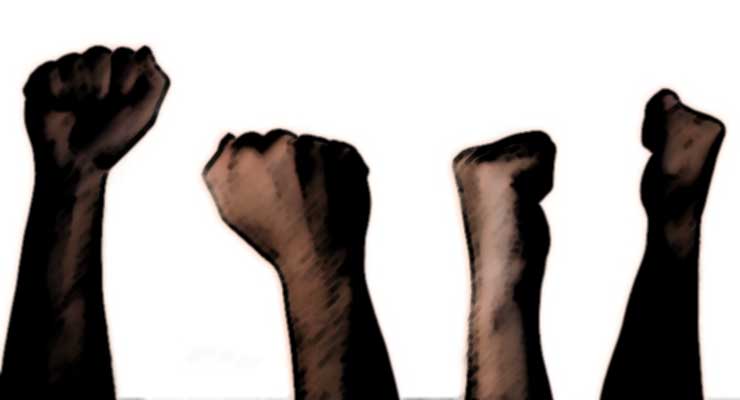
Following two months of anti-government protests, Iraqi-Prime Minister Adel-Abdul-Mahdi has submitted his resignation to Parliament following the bloodiest day of violence since the protest began in early October. The next weeks and months are set to be critical for Iraq’s nascent democracy.
Abdul-Mahdi resigned following the deaths of over 40 protesters on Thursday, November 27, a day when protesters attacked the Iranian consulate in Baghdad and set fire to it. An estimated 400 people have been killed by Iraqi security forces since the beginning of protests.
The protest movement was launched spontaneously after people took the streets in Baghdad to demand the government address three main issues: 1) the endemic corruption inside the government, 2) high unemployment rates, and 3) foreign interference inside Iraqi politics, particularly from Iranian forces and the Iranian government.
“In response to this call, and in order to facilitate it as quickly as possible, I will present to parliament a demand to accept my resignation from the leadership of the current government,” Prime Minister Mahdi’s statement said last Friday.
According to reports, the first civilian deaths took place in October when 149 civilians were killed in six days of protests. Such a large number of deaths led to the protests broadening from largely Iraqi youth in Baghdad to a national movement that spread to cities throughout the country.
“It is our first demand. That will change something. Then our second demand is to shut down parliament.” A protestor named Hejar told the BBC. “We’re hoping its going to happen, because our young guys are very strong and they have their words, we say that we’re going to stay here,” he continued.
According to the latest statistics available Iraq’s official unemployment rate stood at 7.89 percent in 2017 with a poverty rate of 22.5 percent nationwide. Iraq’s new and nominally democratic government, unlike other Middle Eastern countries, was not largely impacted by the Arab Spring of 2011 which saw numerous Middle Eastern leaders deposed by protests and revolutions.
The deaths of the protesters have taken place throughout the country in different cities. Following the over 40 killed on Thursday, at least another 15 were killed by security forces Friday.
Amnesty International’s Middle Eastern researcher, Lynn Maalouf, said that she was appalled by the “security forces’ use of appalling violence against largely peaceful protestors.”
Protestors at Iran’s consultant in Najaf, chanted “Iran out of Iraq,” before setting fire to the consulate. The consulate was the second of Iran’s consultants to be burned in the past few weeks. Iran’s office in Karbala was torched by protesters about three weeks ago.
Iraq has been struggling to stabilize its country since the United States invaded and overthrew the dictatorship of Saddam Hussein in 2003/ 2004. The invasion set off a wave of horrific sectarian violence between Shia and Sunni Muslims. The civil war was largely won by the Shiite dominated government and saw the neighboring Shiite power of Iran gaining influence in key sectors of the country.
Through these protests, the anger of the Shiite Iraqis against Iran’s power in Iraq has come to be recognized more clearly. Protesters fury at Iranian influence, as seen through the targeting of Iranian interests in Iraq, has shown that many Shiites have come to see Iran as having fed the high economic insecurity, government mismanagement and endemic corruption that plagues the country.
No date has been set yet for Mr. Mahdi’s official resignation.
Mr. Mahdi did the right thing in resigning and bringing further attention to the serious concerns of the protesters. The protesters have now made sacrifices in large numbers to voice their dissent against the government and they still refuse to back down. The United States should do what it can to support the protesters who have been fighting against the Iranian influence in Iraq. It would also be prudent to stand with protestors who have been protesting in Iran as well.
Leave a Reply